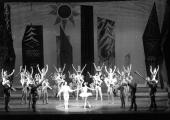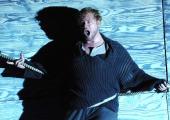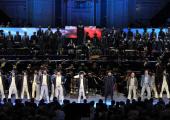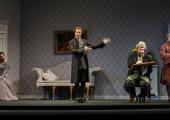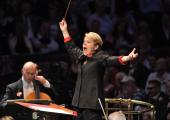Tharaud, London Philharmonic Orchestra and Chorus, Nézet-Séguin, Royal Festival Hall
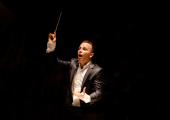
Poulenc sacred and profane impresses but Prokofiev breaks the heart in music circa 1950
If ever there were a week for London to celebrate Poulenc in the lamentably under-commemorated 50th anniversary year of his death, this is it. Two major choral works and two fun concertos at last join the party. But if Figure Humaine and the Concerto for Two Pianos look like being well positioned in the BBC Symphony Orchestra’s Barbican programme on Saturday, Yannick Nézet-Séguin’s chosen two were the victims of his own success in Prokofiev interpretation.


